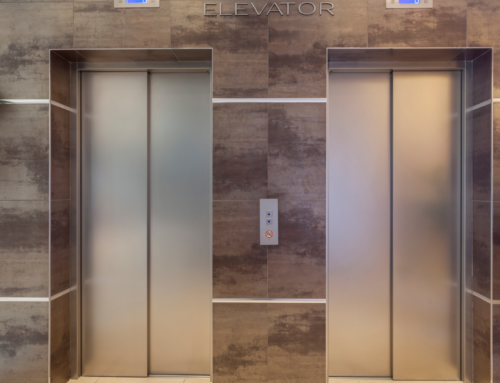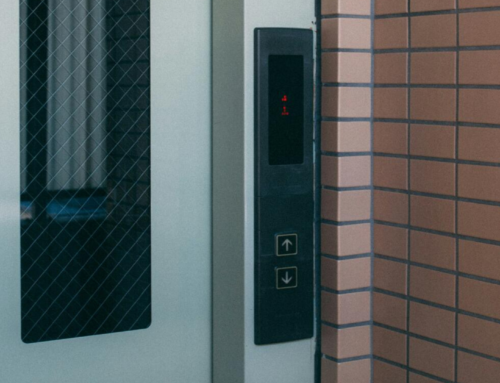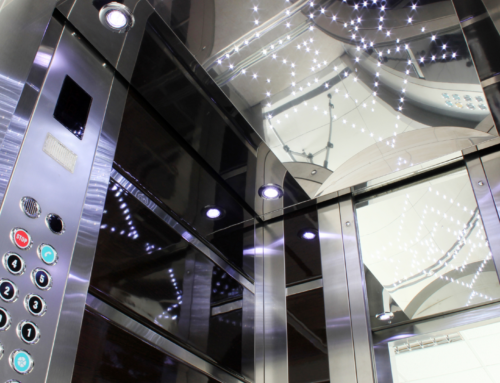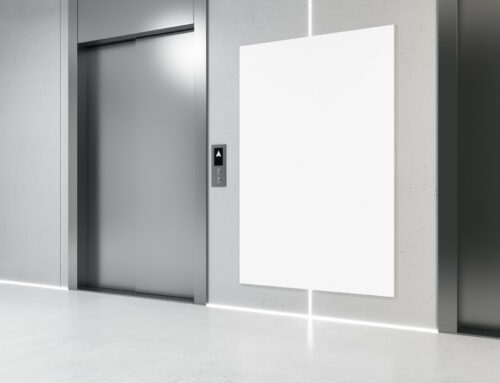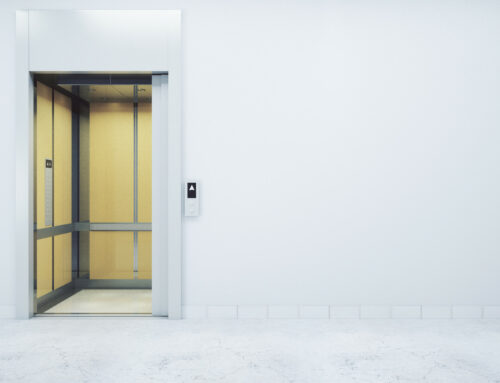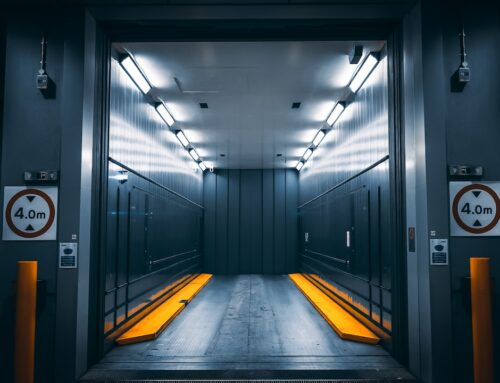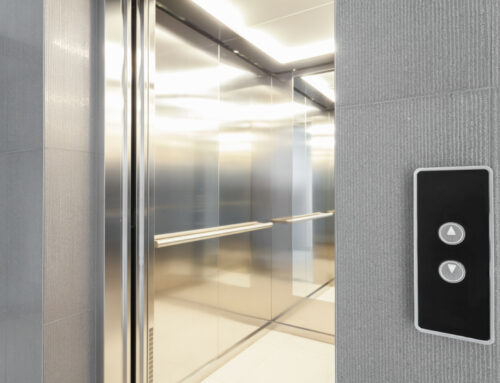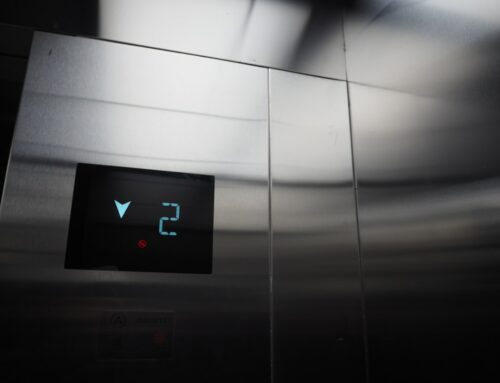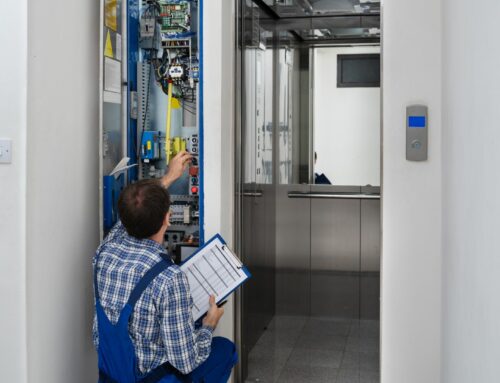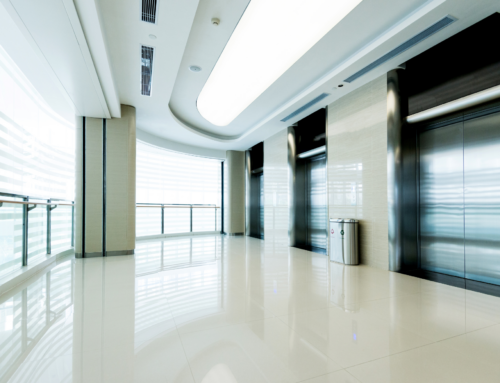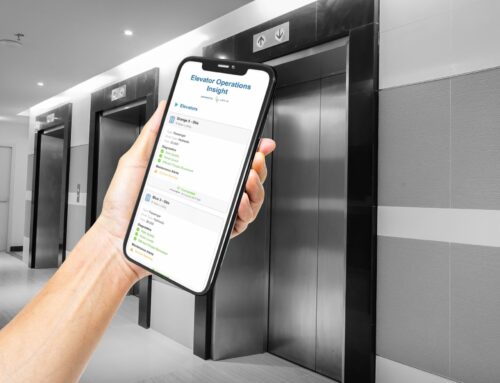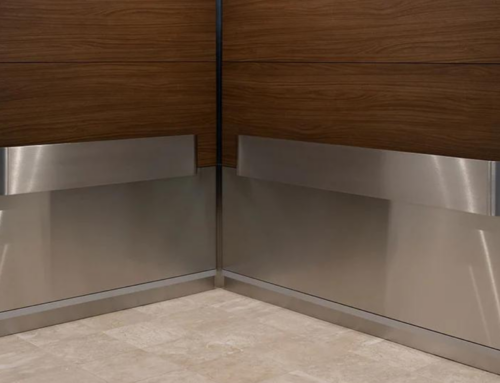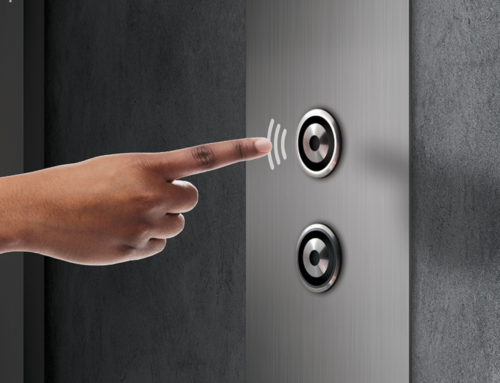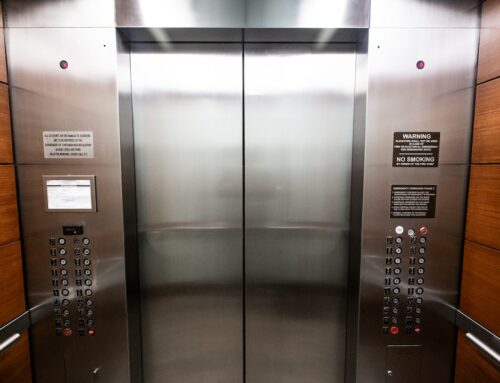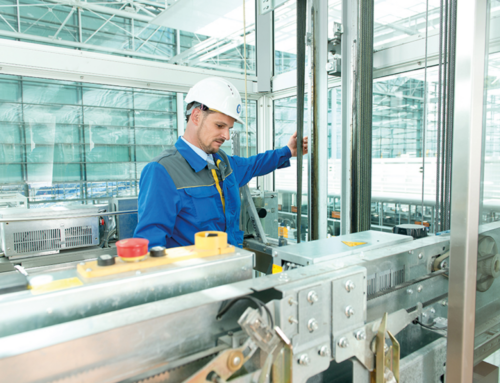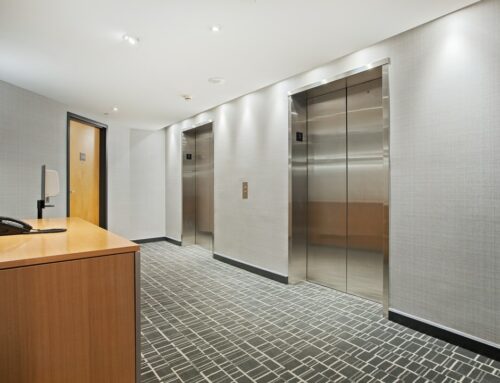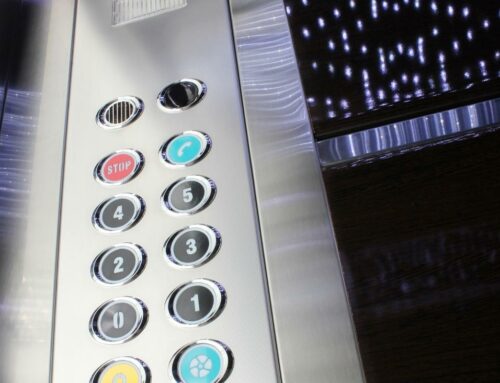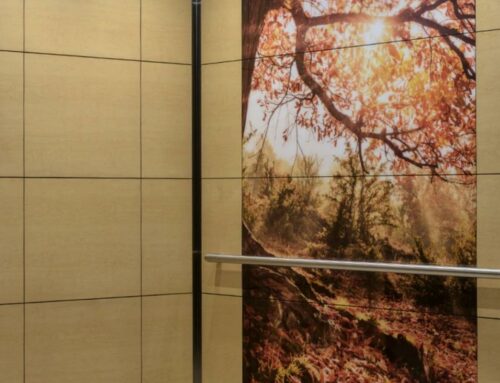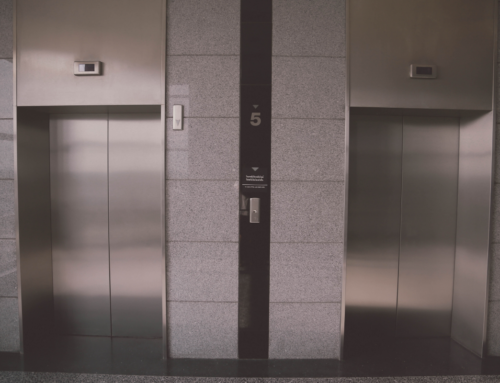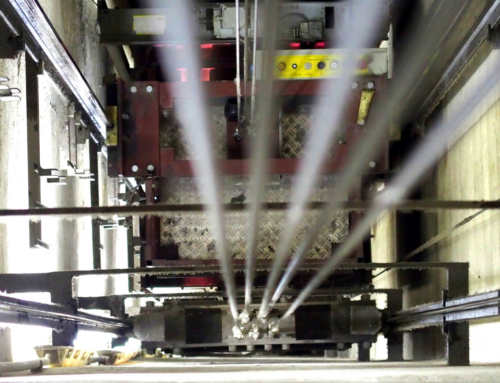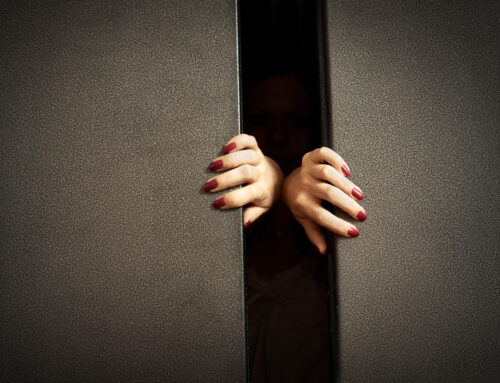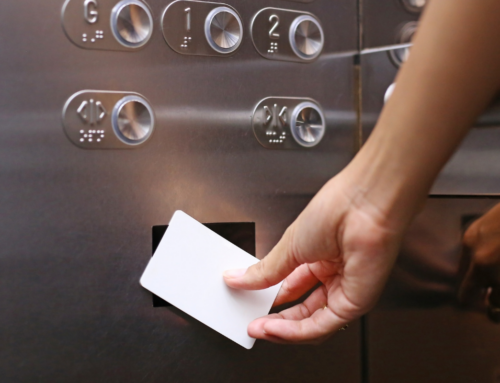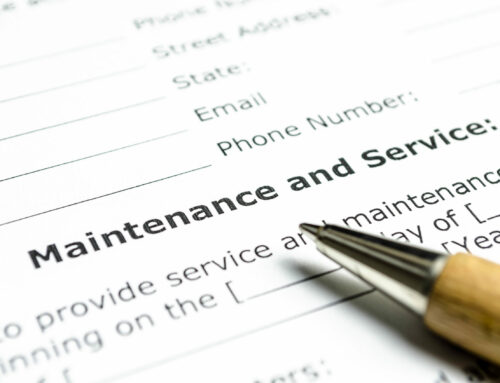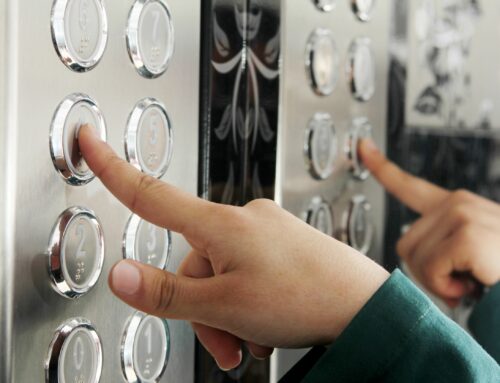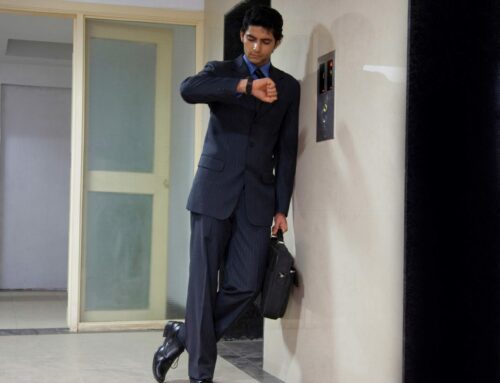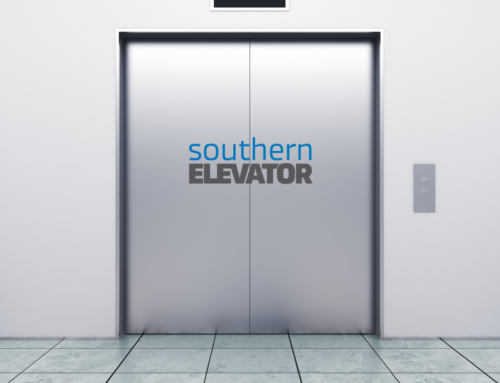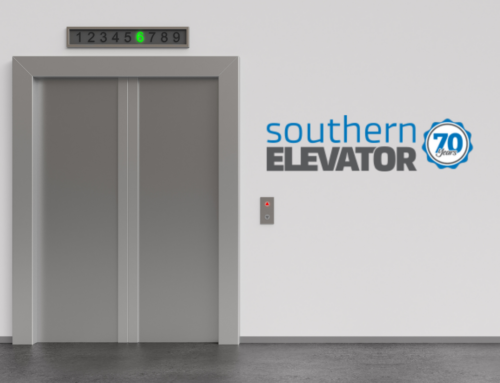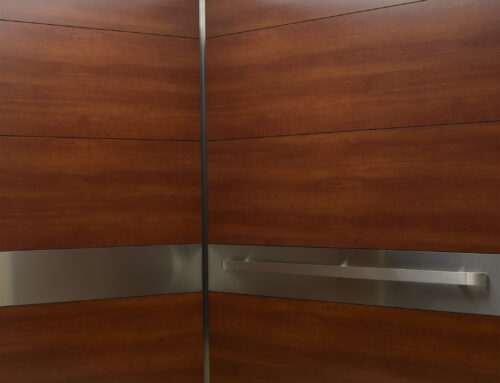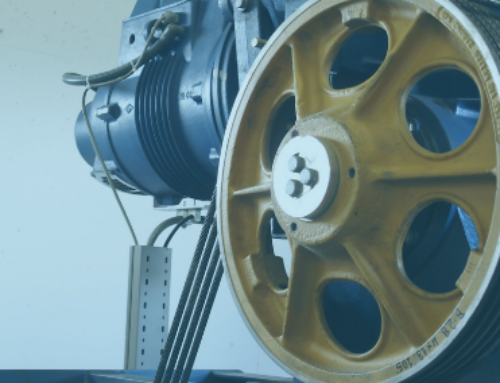Elevators in the United States make 18 billion passenger trips per year. We all rely on elevators to access even the highest floors of the tallest commercial buildings. This makes elevators an essential feature of any successful multi-story business complex.
With more footfall than residential elevators, commercial elevators need more frequent maintenance checks to monitor lubrication, inspect cables, and adjust parts. As well as making sure your elevators are all safe for operation, this keeps them as reliable as possible for optimal passenger satisfaction.
But even with regular maintenance, things can go wrong. Here are three key warning signs that your commercial elevator needs maintenance.
1. Misaligned Floor Stops
Repairing commercial elevators can be very expensive. This is why you should stick to an elevator maintenance routine. But heavier loads, more frequent use, and extreme temperatures can all cause unexpected issues to arise between check-ups.
One of the most common warning signs is when the cab does not stop level with the opening. Misaligned floor stops are a dangerous tripping hazard and will likely render your commercial elevator inaccessible for wheelchair users.
Commercial elevators should stop within half an inch above or below floor level. If your commercial elevators do not meet this standard, make sure to fix this before the gap gets even bigger.
2. Cold Elevator Cab Temperature
Well-chosen elevator cab finishes can add to the ambiance of your commercial elevators. But maintaining a consistent interior temperature is also key for a comfortable and safe ride.
Cold temperatures inside your cab can be a warning that there’s something amiss. This can happen if there is a sudden drop in temperature outside due to adverse weather conditions. Extreme cold weather can also cause your elevators to malfunction, especially if they are hydraulic.
During the cold winter months, make sure to check the temperature in your elevator machine room every day. The ambient temperature here should never fall below 50 degrees. If it does, you must take urgent corrective action.
3. Screeching and Banging Sounds
A well-functioning commercial elevator should operate in near silence as it takes passengers from floor to floor. This is why it is imperative to call in your elevator maintenance team if you hear any kinds of banging, screeching, or grinding sounds. You should also close your commercial elevator off to passengers as it could be unsafe to use.
The most likely cause of all that noise is a problem with the elevator cables and pulleys. But addressing these issues as soon as possible can reduce the repair costs and avoid too much downtime.
Your Maintenance Guide for Commercial Elevators
There are various ways that commercial elevators can start to malfunction. But with these warning signs to guide you, it will now be easier for you to spot when your elevator needs maintenance.
Regular elevator inspections are the best way to keep your elevators running smoothly at all times. What’s more, elevator maintenance costs a lot less than complex repairs.
But, whether you need elevator maintenance or repairs, we can help. Contact us here at Southern Elevator to find out more.


